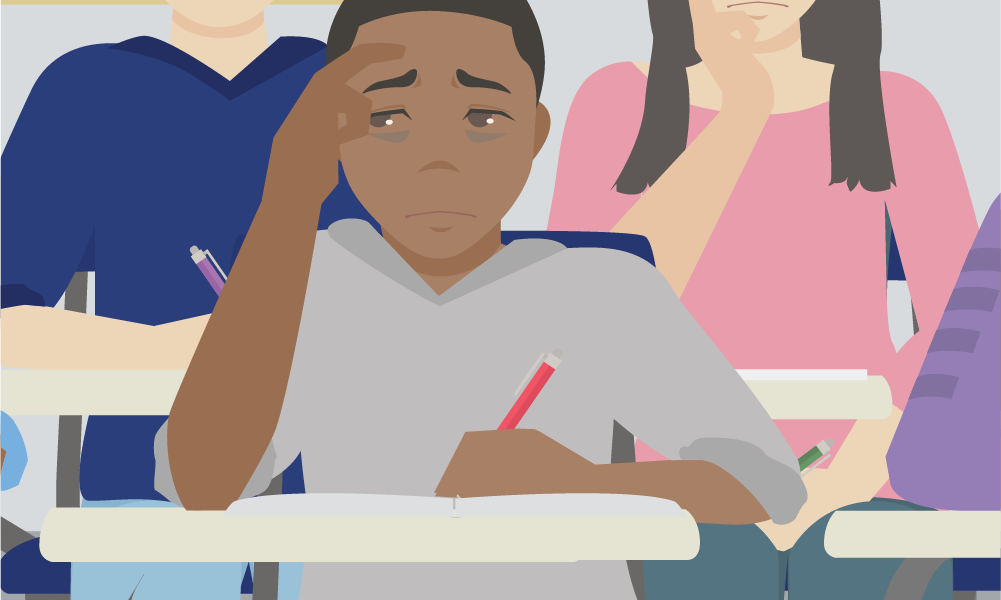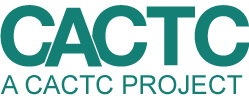Sleep is crucial for teenagers as it plays a vital role in their physical and mental growth. Most teens should get between 8 and 10 hours of sleep per night.2 Unfortunately, research indicates that many teens get far less sleep than they need. However, according to a recent survey of Cortland County teens, 57% report not getting the recommended amount of sleep during the school week.1 But what many parents may not realize is that lack of sleep can have a serious impact on their teen’s health – including an increased risk of substance use.
The Link Between Sleep Deprivation and Substance Use
Studies have shown that teens who don’t get enough sleep are more likely to engage in risky behaviors, including using alcohol or other drugs. The 2022 Youth Survey in Cortland County has shown that students who didn’t get their recommended hours of sleep were more than 3 times as likely to have used alcohol in the past 30 days.1 It was also shown that 21% of students who did not get the recommended amount of sleep reported using marijuana in their lifetime.1 One possible reason for this relationship is that when teens are tired, they may be more likely to take risks because their impulse control is compromised.2 Teens may also be using substances to help them get to sleep, such as marijuana or alcohol.2 Repetitive use of these substances can put them at risk for addiction and further issues, which in turn can play more into sleep deprivation, as well as other issues.
Studies have shown that most forms of substance use affect regular brain function that affects the sleep regulatory systems in the brain.3 This affects the time it takes to fall asleep, stay asleep, and the quality of sleep overall. Students that use marijuana and alcohol on school nights have been observed to sleep less and have lower quality sleep, which then impacts other aspects of their life, such as their performance in school that day.3
How Parents Can Help Their Teens Get Enough Sleep
- Be a role model: Teens tend to model the behavior of their parents. Therefore, it’s important for parents to prioritize their own sleep and demonstrate healthy sleep habits themselves. If your teen sees that you are consistently getting enough sleep and making it a priority, they are more likely to do the same.
- Create a sleep-conducive environment: Make sure your teen’s bedroom is a comfortable and quiet place to sleep. Consider purchasing comfortable bedding, blackout curtains, and a supportive mattress. Also, make sure the temperature in their room is conducive to sleep.
- Limit screen time before bed: The blue light emitted by electronic devices such as phones, tablets, and laptops can interfere with sleep. Encourage your teen to stop using electronic devices at least an hour before bedtime.
- Encourage physical activity: Regular exercise can help promote better sleep, but it’s important to time it correctly. Encourage your teen to exercise earlier in the day, as exercising too close to bedtime can actually make it harder to fall asleep.
- Be mindful of your teen’s schedule: Teens have busy schedules, and sometimes it’s difficult to balance everything. Encourage your teen to prioritize their sleep and avoid overcommitting themselves. Additionally, make sure their schedule allows for enough time to wind down before bedtime.
- Help your teen manage stress: Stress and anxiety can interfere with sleep. Encourage your teen to find healthy ways to manage stress, such as meditation, deep breathing exercises, or yoga.
- Talk to your teen’s healthcare provider: If your teen is consistently having trouble sleeping, it may be a good idea to talk to their healthcare provider. They may be able to provide additional advice or suggest further steps to take to improve sleep.
Remember, the goal is to create a consistent and supportive routine for your teen to get the sleep they need. It may take some time to establish new habits, but with patience and persistence, your teen can develop healthy sleeping habits that will benefit them for years to come.
References
- Cortland Area Communities That Care (CACTC). Results and Analysis: The 2022 Cortland County Youth Survey. https://www.cortlandareactc.org/publications. March 2023.
- News Center. (2015, October 8). Among teens, sleep deprivation an epidemic. News Center. https://med.stanford.edu/news/all-news/2015/10/among-teens-sleep-deprivation-an-epidemic.html
- U.S. Department of Health and Human Services. (2022, January 16). Connections between sleep and Substance Use Disorders. National Institutes of Health. https://nida.nih.gov/about-nida/noras-blog/2020/03/connections-between-sleep-substance-use-disorders#:~:text=People%20who%20suffer%20insomnia%20may,fatigue%20caused%20by%20lost%20sleep



